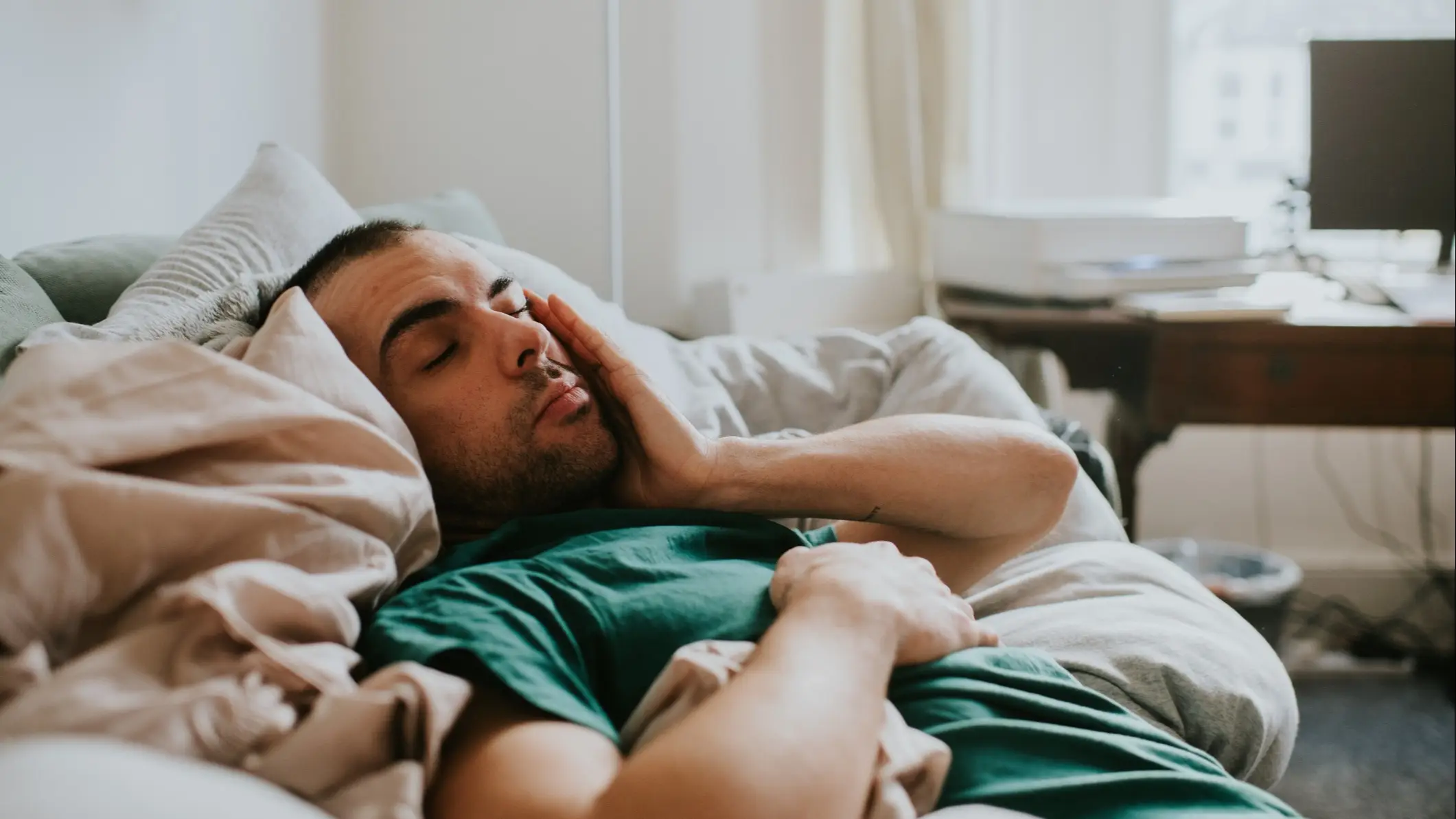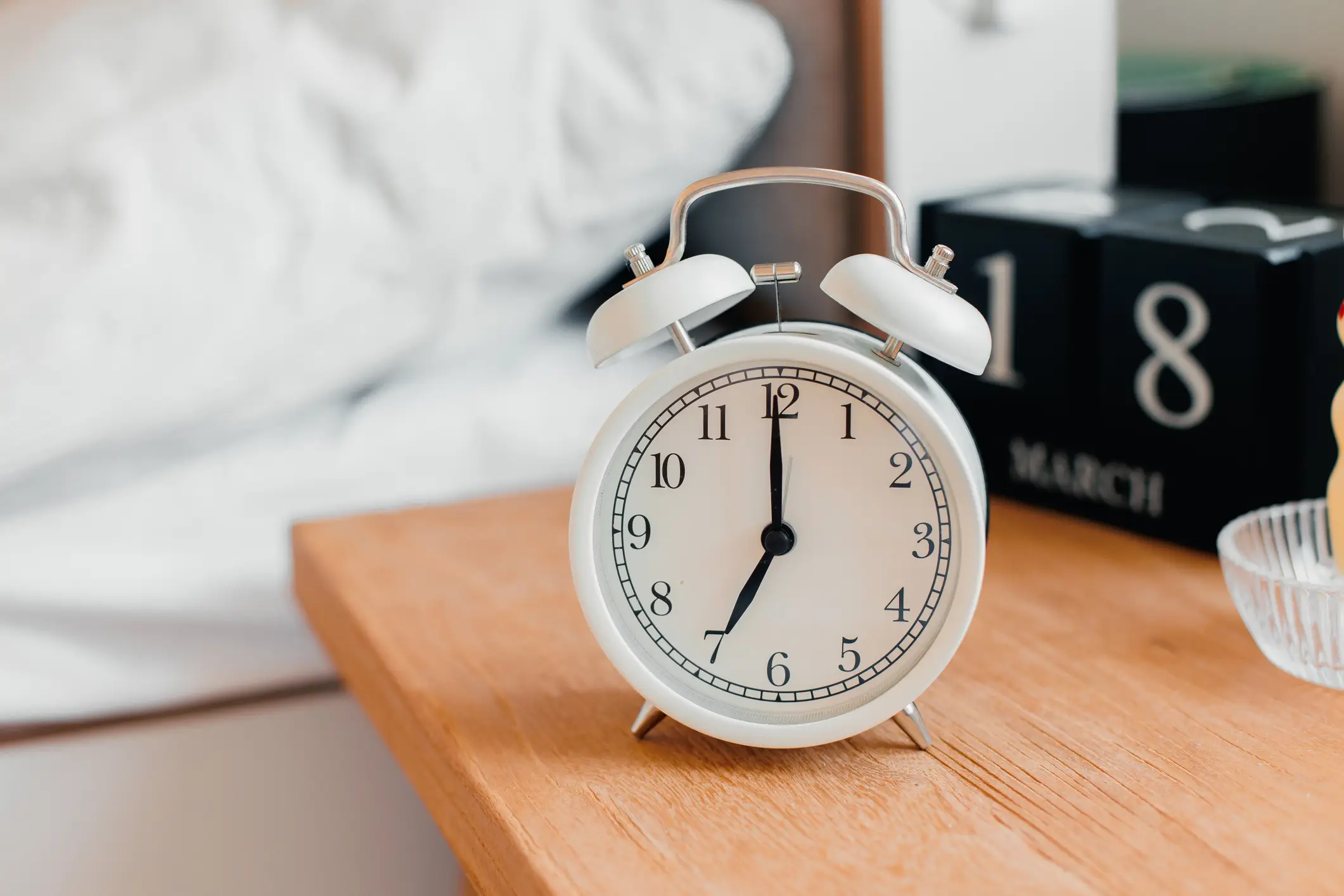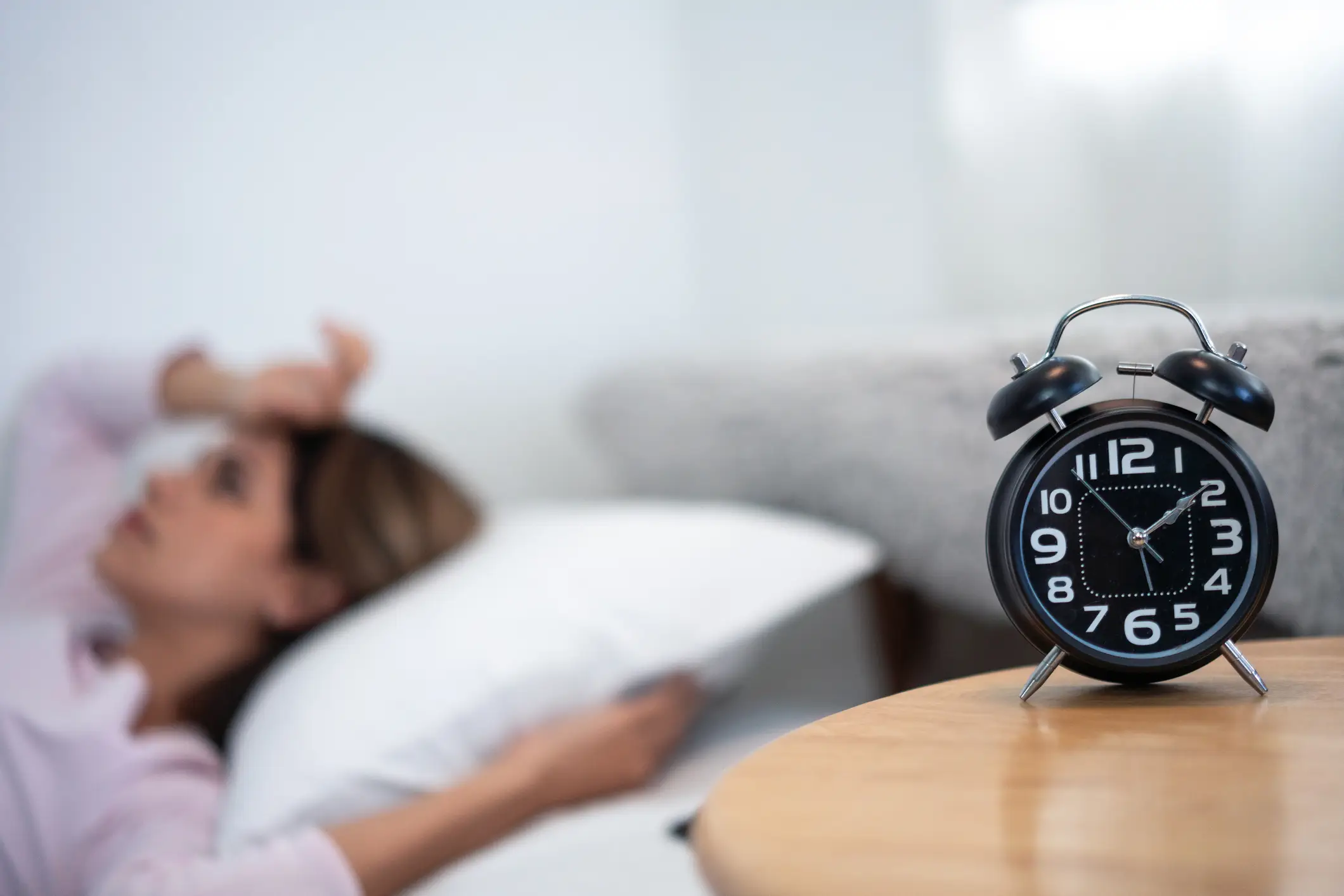
People in the UK are being warned about the possible impacts of getting an extra hour's kip.
As we all know, the clocks change twice a year and, this autumn, they are set to go back an hour at 2am on Sunday 26 October.
While that extra hour in bed in the mornings is very much welcomed, particularly as it gets colder, a health expert has warned that the time change might not be as great as it sounds.
Doctor Isabel Viña - one of Spain's best known podcasters - has explained why having an extra 60 minutes might not be good for you, as reported by the Mirror.
Advert
She warns that the darker evenings can have a big impact on daily life, which can seriously affect our moods.
The two sleep cycle stages are known as non-rapid eye movement (NREM) sleep and rapid eye movement (REM) sleep.
While NREM sleep is important for body repair, energy restoration, and memory consolidation, REM sleep is key for emotional regulation, memory processing, learning, and brain development.

Basically, sleep alternates between NREM and REM in roughly 90-minute cycles throughout the night. A healthy balance between the two is essential for both physical and mental wellbeing.
Dr Viña, however, warns that both cycles are affected when the clocks change, leading to tiredness, irritability and a lack of concentration.
It can also cause a change in blood sugar levels in people who are diabetic, and menstrual cycle irregularities.
"The clock shift occurs to make the most of daylight and save energy. But this time change can disrupt your internal body clock, also known as the ‘circadian rhythm’," explains mental health organisation Change.

"Our bodies get used to a certain schedule, like waking up and going to bed at the same time every day. When we spring forward or fall back, it can take some time for our bodies to adjust.
"This adjustment period can leave you feeling a bit out of sync, affecting your sleep patterns.
They added: "But that’s not all. The clocks changing can have a broader impact on your health.
"Studies have suggested that this shift might be linked to an increase in mood problems and even some physical health issues.
"So, while that hour might not seem like much, it's essential to be aware of how these clock changes can influence your wellbeing."
The best way to go about dealing with the side effects, according to Dr Viña, is to simply go to bed a bit earlier a few days before the times change on 26 October.
As always, limiting caffeine, avoiding eating too late and not going on your phone before bed are a few things experts say will help you get a good night's sleep.